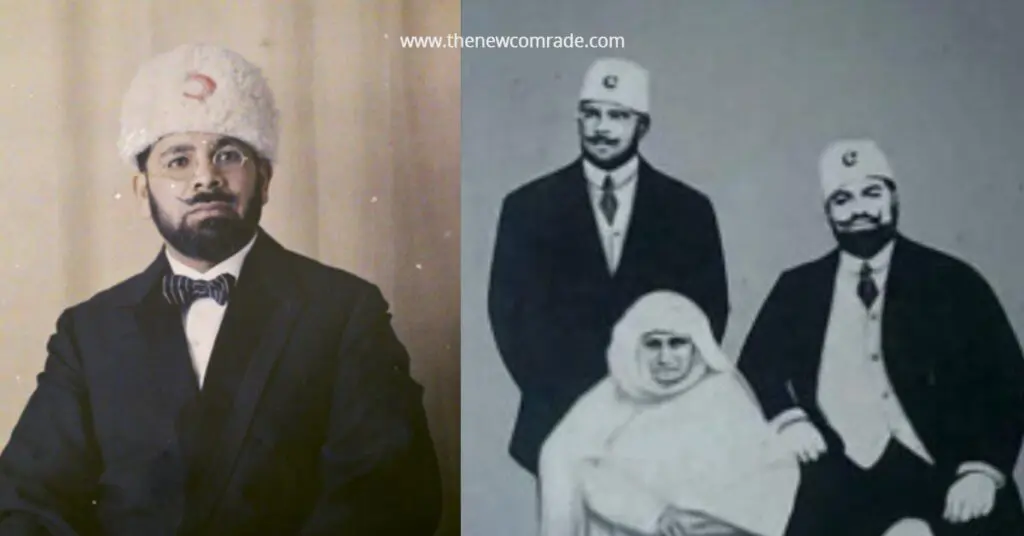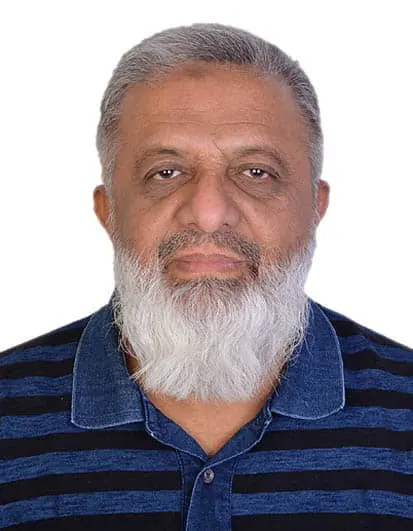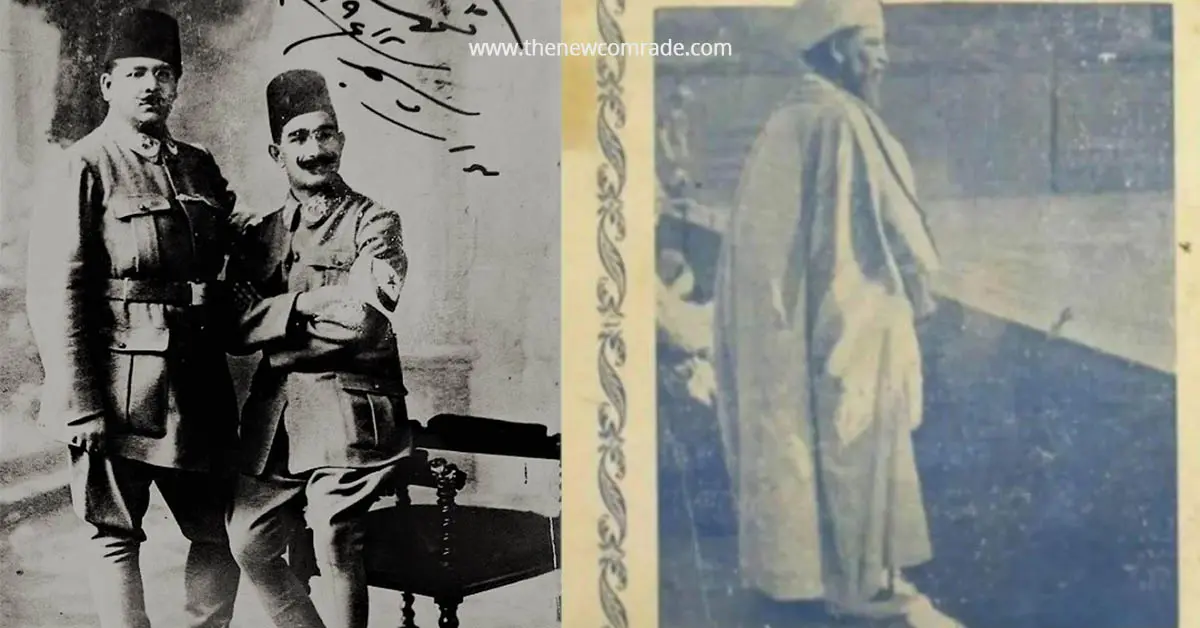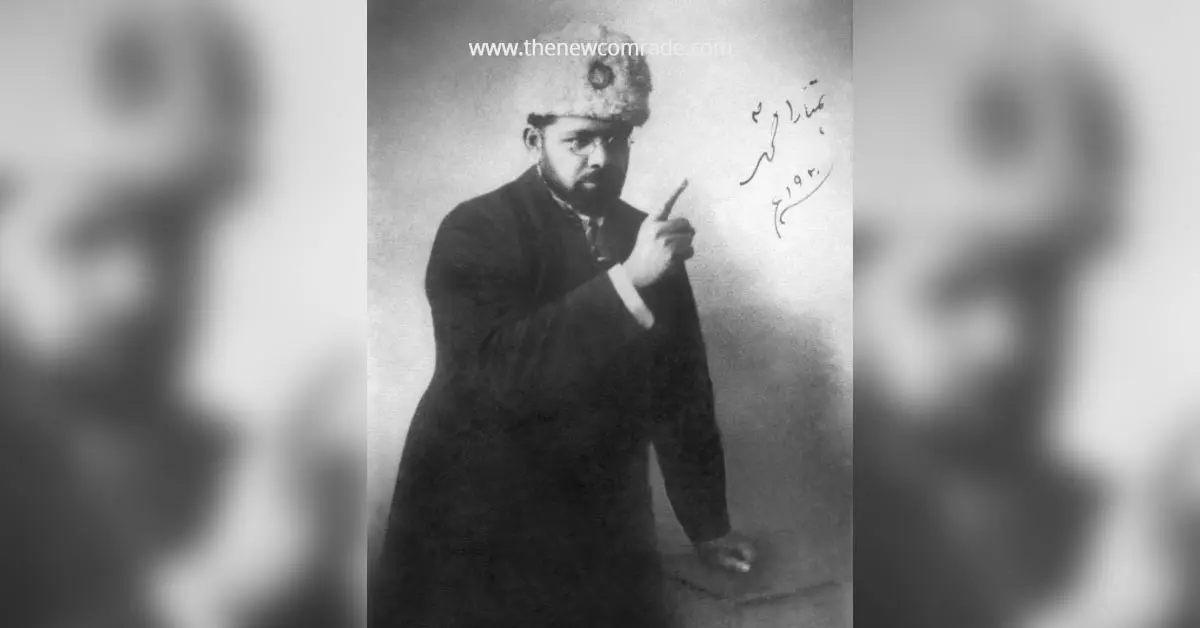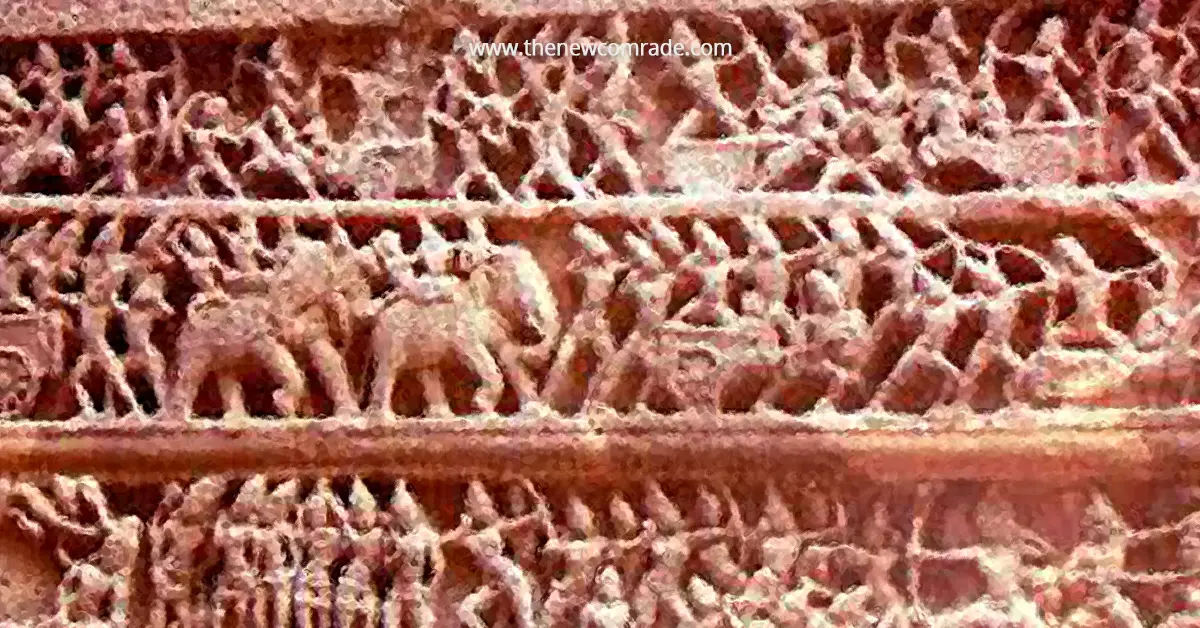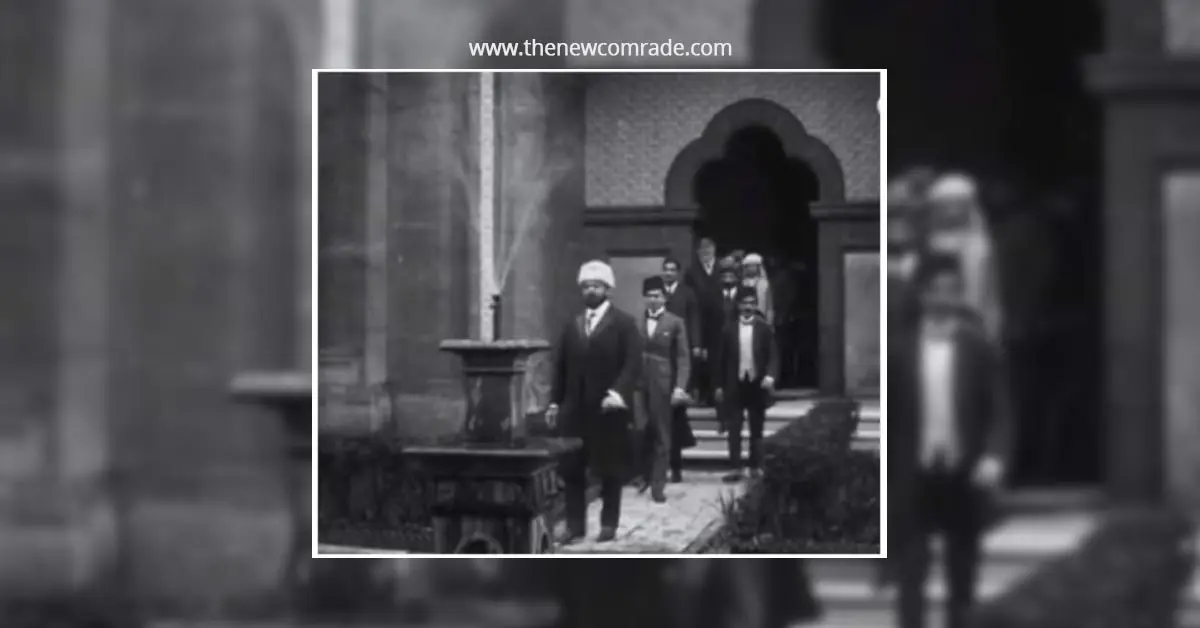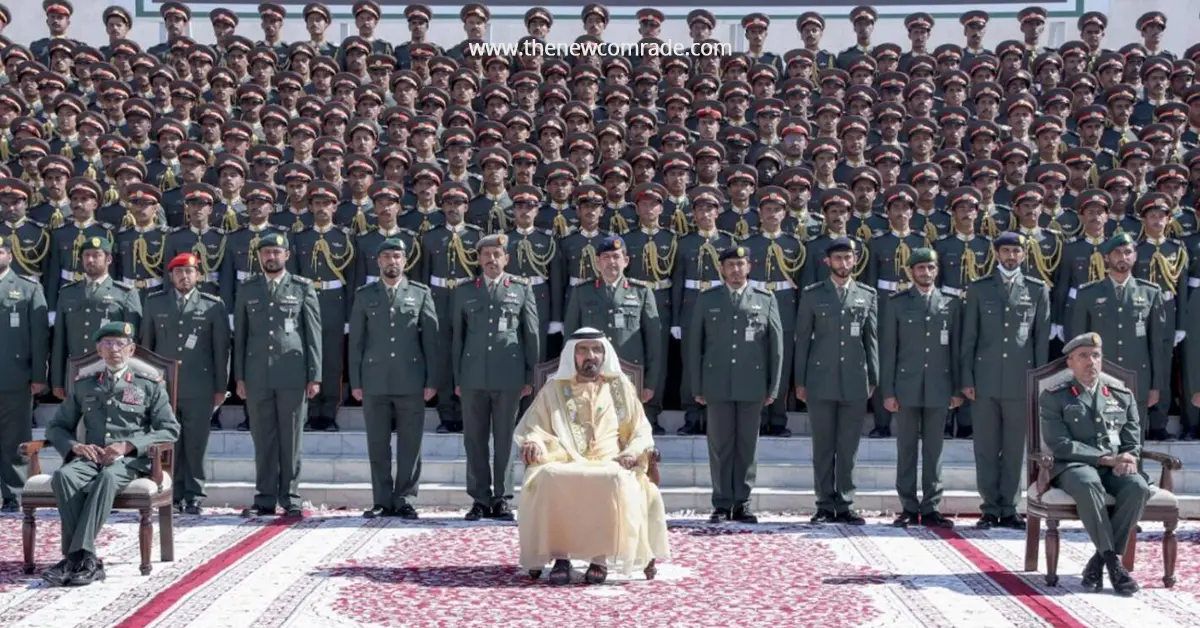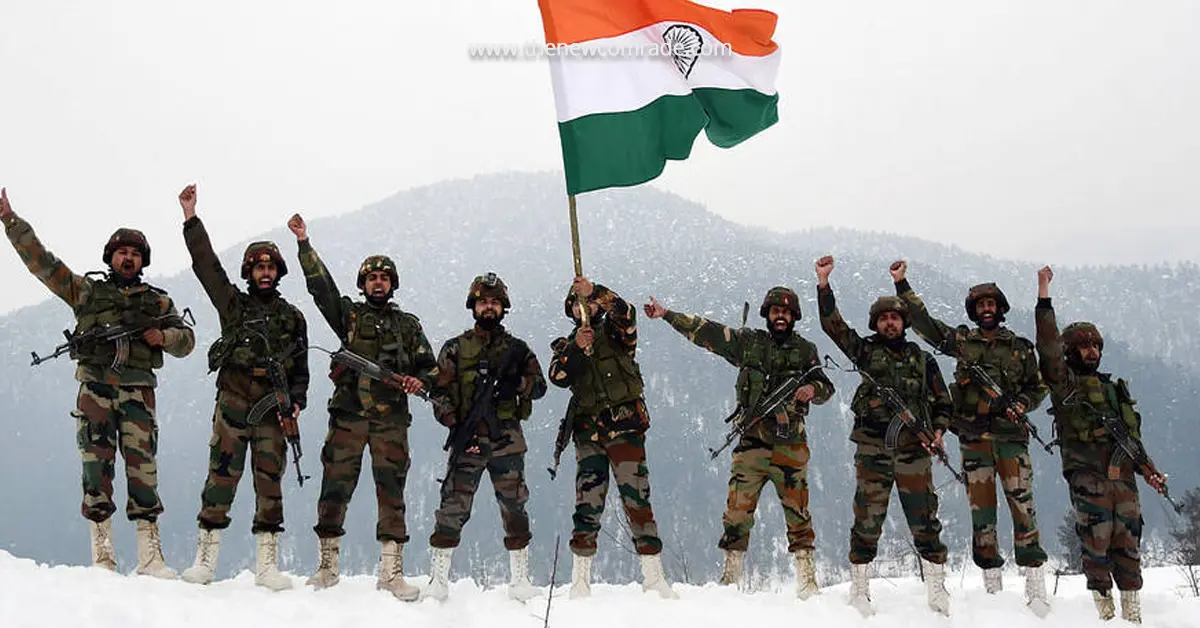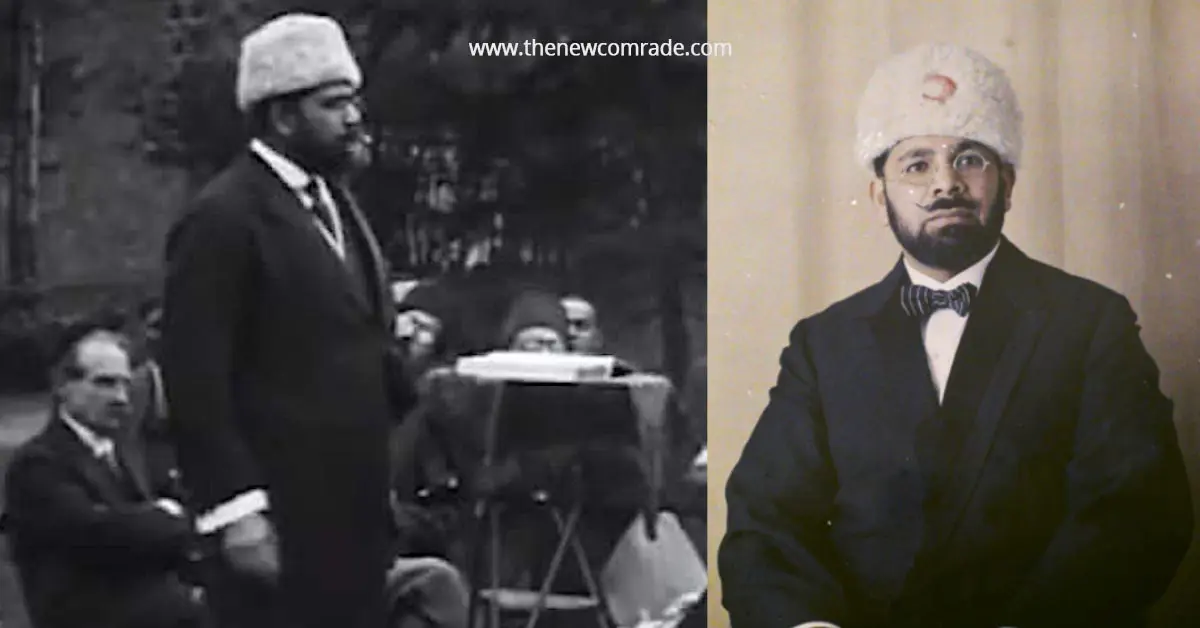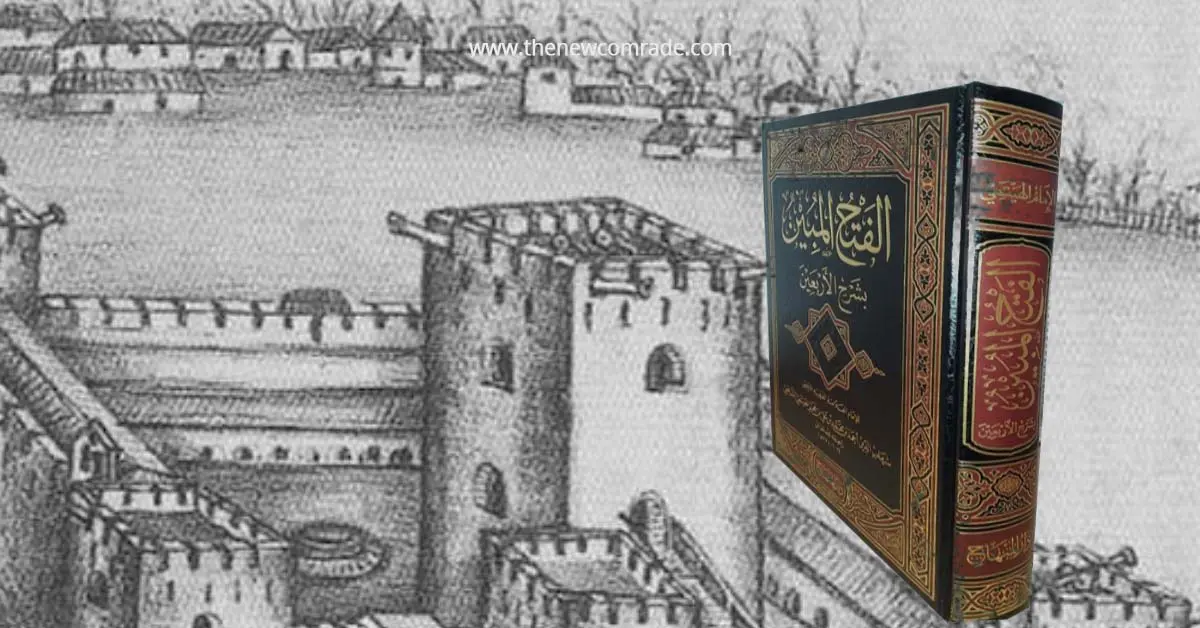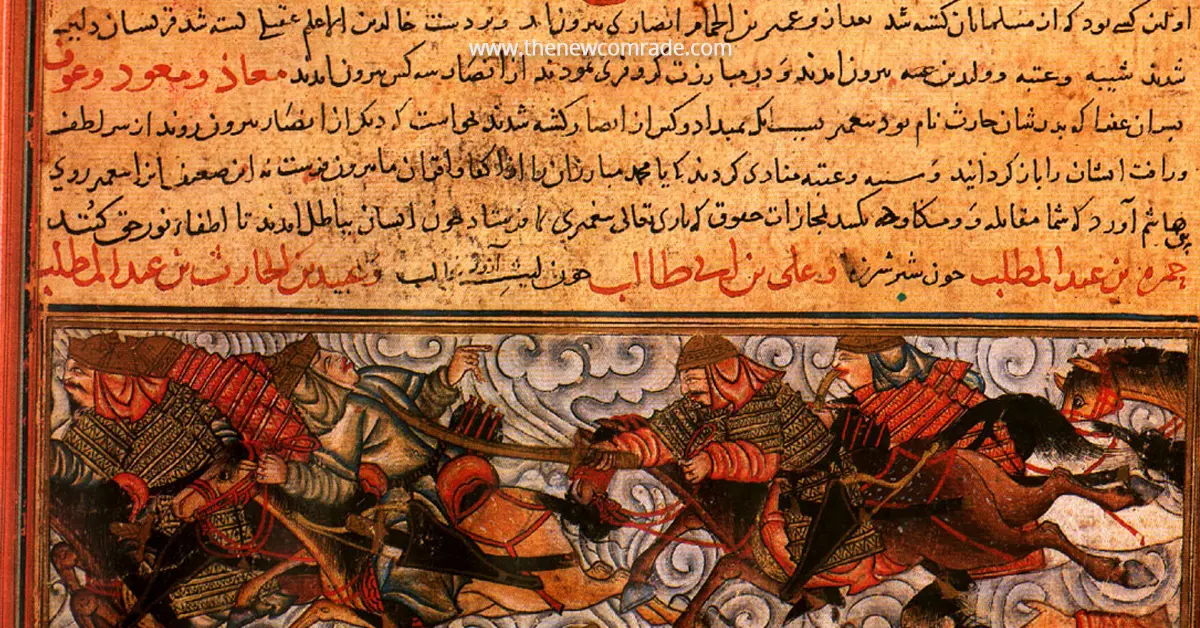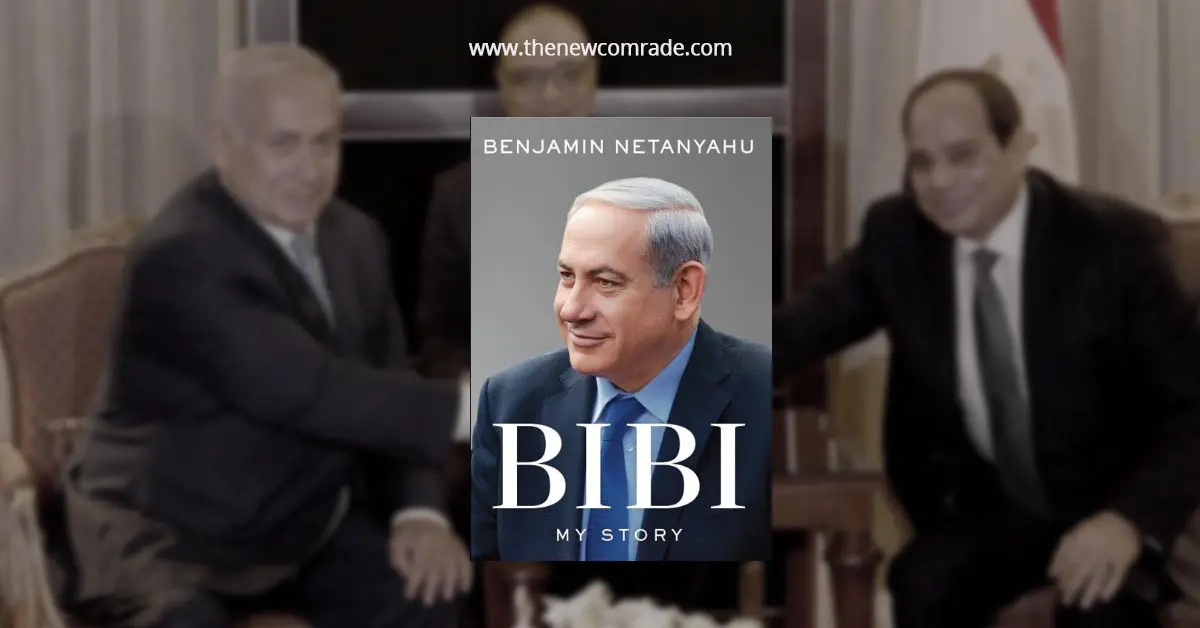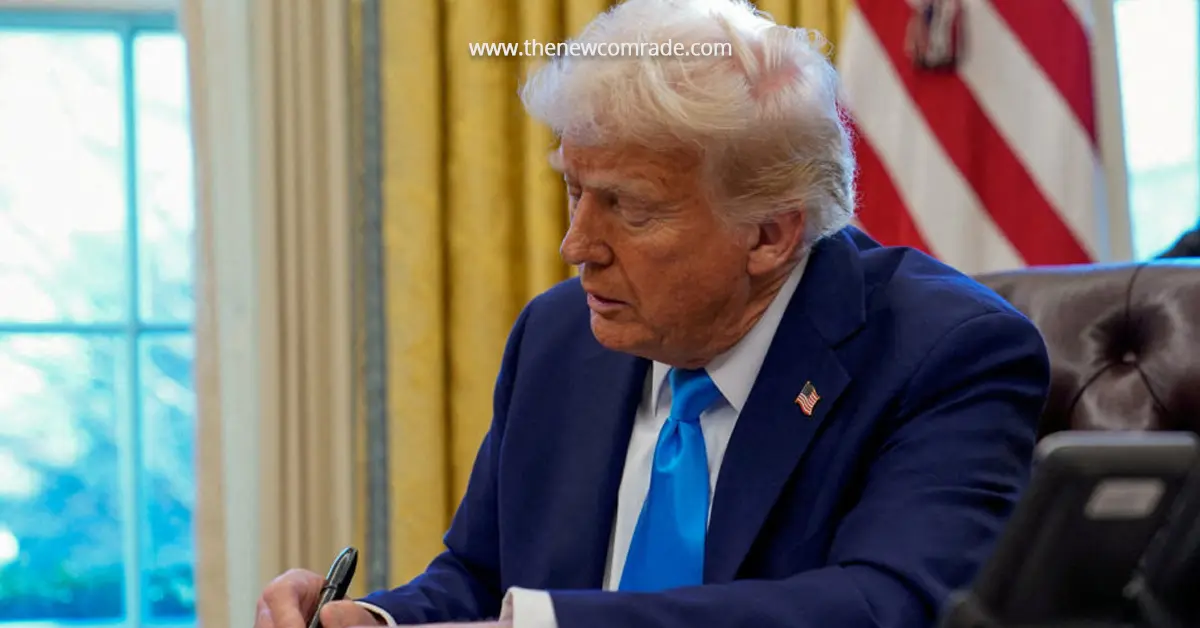God and King
The whole thing is this: I want a decision from the Court on behalf of this Government that the Courts of India cannot give any protection to a man who does the thing that I have done, though it admits that it is precisely the thing that his religion commands—his God demands—from him. God is not clamouring from the house-top. He is shouting from His eternally high throne—clamouring from there:
“Man, whom I have created from just a clot of blood, whom I raised to whatever of power and glory you possess—whatever you have and whatever you are, it is I who gave it to you and made all this for you—I want you to serve Me and not a creature of Mine. Whatever respect I may have for the king, I may not bow before him when he asks me not to bow before my God and His commandments.”
Queen’s Proclamation—Protection of Religious Feelings
The Judge had hinted something about the beliefs of some sects. He said:
“Suppose a sect of the Hindu demands human sacrifice; I do not know if any religion in India demands human sacrifice. It is not a question of individual belief that was involved in our case.”
Then the Public Prosecutor had said we had different sects among ourselves. We quarreled among ourselves as to which of us is right and which is wrong. Well, it is not a question of which sect is right. Do we know which religion is right and which religion is wrong?
In this, it is not a question of our belief alone. It is the question of the belief of every Moslem. But even if it was a case of a particular sect, do you mean to say that the Proclamation of the Queen in 1858 required at that time that each and every one of the 330 million people of India must be agreed—call the heavens and the whole earth and all the planets and the men in the moon and all the men in the Mars—everyone must be agreed that this was the one true and correct Faith and it was then that the Queen’s Proclamation provided protection?
No protection would have been required for such a Faith.
What is the Penal Code itself for? It is to give you the protection that I seek—that I may not hurt your religious feelings. In today’s “New Times” we find that some men—Khilafat men—have been prosecuted in Calcutta because they hurt the religious feelings of a policeman by asking him to resign Government service. (Laughter).
I have not the least doubt that these men will be condemned. But you see there is a provision of law even for protecting a policeman’s religious feelings.
Take another case. A little piece of stone which some men worship and worship with full intensity—with as much intensity as my own when I say my prayers—possibly with greater intensity than mine. You do not approve of it—you heartily disapprove of it—and want to remove it. But can you do it?
You cannot. The law gives the man who worships it its protection. Why does it do so?
It is not because the man’s religion is good but because of the man’s feelings. Because the trainers of the law say that it is not good religion that they seek to protect, but it is the man’s religious feelings. It is not the objective religion but the subjective feelings of the man that have to be protected.
It is this that Lord Macaulay and others sought to protect—the religious feelings of a brother man, however foolish and superstitious and wrong they may be. It is this that you have got to protect, and the law provides this protection.
But I base my case upon the Queen’s Proclamation and the King’s Proclamations. So the Judge has got to declare whether these Proclamations have any value in a law court or not. That picture (pointing to the picture of King Edward VII) is there to remind the Judge that he has to give us the protection of the King’s law.
You will take that law from him because you cannot either take the law from me or from my friend there (pointing to the Public Prosecutor). If you took your law from him, you would be in a perilous state—truly a sad plight (laughter).
The Quran and Its Traditions
In this case, it is not the case of any man’s individual opinion or the opinion of a small number of Mussalmans, though you cannot hurt the feelings—the religious feelings—even of these.
Here it is not a question of a sect but of a religion. No person who calls himself a Mussalman can go outside this book (pointing to the Quran).
Look at this translation in English. This book is full of repetition. It is this book which constitutes the chief source of our religious laws.
I wish to explain this so that there may not be any misunderstanding. You ought to know where my religion is to be found. I do not take it from any individual’s beliefs.
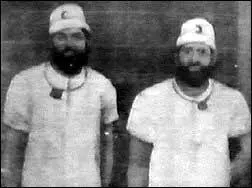
My religion is all contained in the first instance in this tiny volume. Then come the Traditions of our Prophet. But about this original source (pointing to the Quran) there is not one single sect of Musalmans that differs about a single syllable. Therefore, you will find that here is a solid bedrock for our Faith, about which there is no difference of opinion.
In the case of the Prophet’s traditions even if one of the companions of the Prophet said that the Prophet said so and so and if that Tradition, handed down from his companions, is against or in contravention of anything contained in this book, no Moslem will accept that tradition.
We shall not, believe anything that is attributed to the Prophet, if it is against the Qu’ran. But if it explains it (the Qur’an) or supplements it (adjuvandi causa or supplendi causa) we may accept it. I wish to make no odious comparisons. But what I wish to point out is that the four gospels of the Christian Scriptures, if we have to test their authenticity— (interrupted by the Court).
The Court — I cannot allow you to go on in this way. It is not strictly relevant to the case. Are you speaking in your defence or not? What is your point?
M. M. Ali — My point is that even the Prophet’s Traditions have been authenticated with the greatest ease; but their testimony, too, cannot override the dictates of the Quran on which all sects of Islam agree. It has been said that there are sects. Well, I am not going to base my case upon anything which is subject to the differences of sects. I am going to base my case upon the solid bedrock of the Quran. If you will give me the opportunity to make the Jury understand what my friend the Public Prosecutor has so lightly brushed aside altogether.
The Court — I cannot turn this trial into a religious controversy. This is irrelevant. You cannot cite these texts here.
M. M. Ali — They are contained in my statement in the lower court. They are on my record. I wish to explain their bearing to the Jury. Well, if I am not allowed to explain my case I will stop.
The Court — Why bring out this religious matter, which has no concern with me? I do not want to limit you unnecessarily. You must confine yourself to the charges against you.
M. M. Ali — I entirely differ from the court in this matter. I think I am entitled to explain as to what my religion lays down without any difference of sects and to prove that this is the religion which the law protects. Tell me that the law does not protect my religion, and I am satisfied I will sit down. I do not know how you are going to sum up the case to the Jury. Therefore, before you have summed up and their verdict is delivered, I am putting this before the Jury.
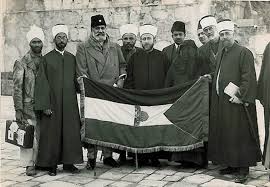
Religion and Criminal Offence
The Court — I shall tell the Jury, however, that the excuse that you offer is no excuse if you have done anything which is a criminal offence—that religion is no excuse for a criminal offence.
M. M. Ali — Therefore, it seems to me that the summing up, too, is already done before I have done with addressing the Jury. There have been so many things, too previous in this trial.
The Court — Whether you have committed the offence or not, has to be decided according to the law of the land.
M. M. Ali — There is nothing which is required by a man’s religion which can be an offence in British India as long as the Proclamation held. You cannot in this country ask a Hindu to kill a cow. Before enlisting recruits you have to take people’s answers down and you bind them by a certain oath. This is the Form (showing the Form) upon which soldiers are enlisted. People take the oath that they will abide by their pledge. Yet not a single Hindu soldier who takes that oath will kill a cow in spite of all the allegiance that he might owe to the King. Therefore, if his Officer commands him to kill a cow and the Hindu soldier refuses it, will he be hauled up before this Court? If the Commander orders a Hindu or a Mussulman soldier to use cow or swine-greased cartridges which the Hindu and Mussalmans won’t touch and he refuses to do it, could he be brought before any Court of Law? The Queen’s Proclamation will give him the protection – no matter what your Penal Code might say. So long as what I do is enjoined by my religion no Indian Penal Code or other penal law can touch me because the Queen’s Proclamation is there, as long as the Queen’s successor is the Ruler, as long as the King’s picture is here, you the Judge, will have to take your orders from the Queen’s Proclamation and the King’s; otherwise I will know that the whole thing was a camouflage and that all this talk about tolerance was sheer cant and hypocrisy.
Now, in this Form you will see there is a question (reads the Form) — “Are you willing to go wherever ordered by land or sea and allow no caste usage to interfere with your Military duty,” I take it that every soldier at the time of enlisting has got to answer this in the affirmative and to sign this Form. That does not allow the Commandant to believe that no religious commandment is therefore binding on a soldier. Supposing the man is asked to kill a cow by his officer to provide beef for him. The man absolutely refuses that and he quotes his scriptures and shastras. No section of your Penal Code will ever assist the Judge or the Jury to declare that this man would be punished because he is acting according to his religion. Say that he cannot be punished, and I sit down.
No, Gentlemen, you have to write on every section throughout the Penal Code and every other law, the favourite phrase of the lawyers “without prejudice,” i.e., “without prejudice” to a man’s religion. You say that there are bad customs like ‘Sati’ which we cannot allow. Then you should declare the customs which you will allow and the conditions on which you will be tolerant. Even murder is not murder if the man’s religion demands it. And the Queen gave the law’s protection by the Proclamation to that religion. You say there are many religions and sects in this country. Well, then, you should have proclaimed that such and such religions shall receive protection. You should have made it clear that on these conditions alone whosoever wanted to live within this Empire will be allowed to live and regarded as loyal subject. Whoever did not want to live within the orbit of this loyalty, that man would either have walked out of this Empire or would have kicked you out of it.
(To be continued)
